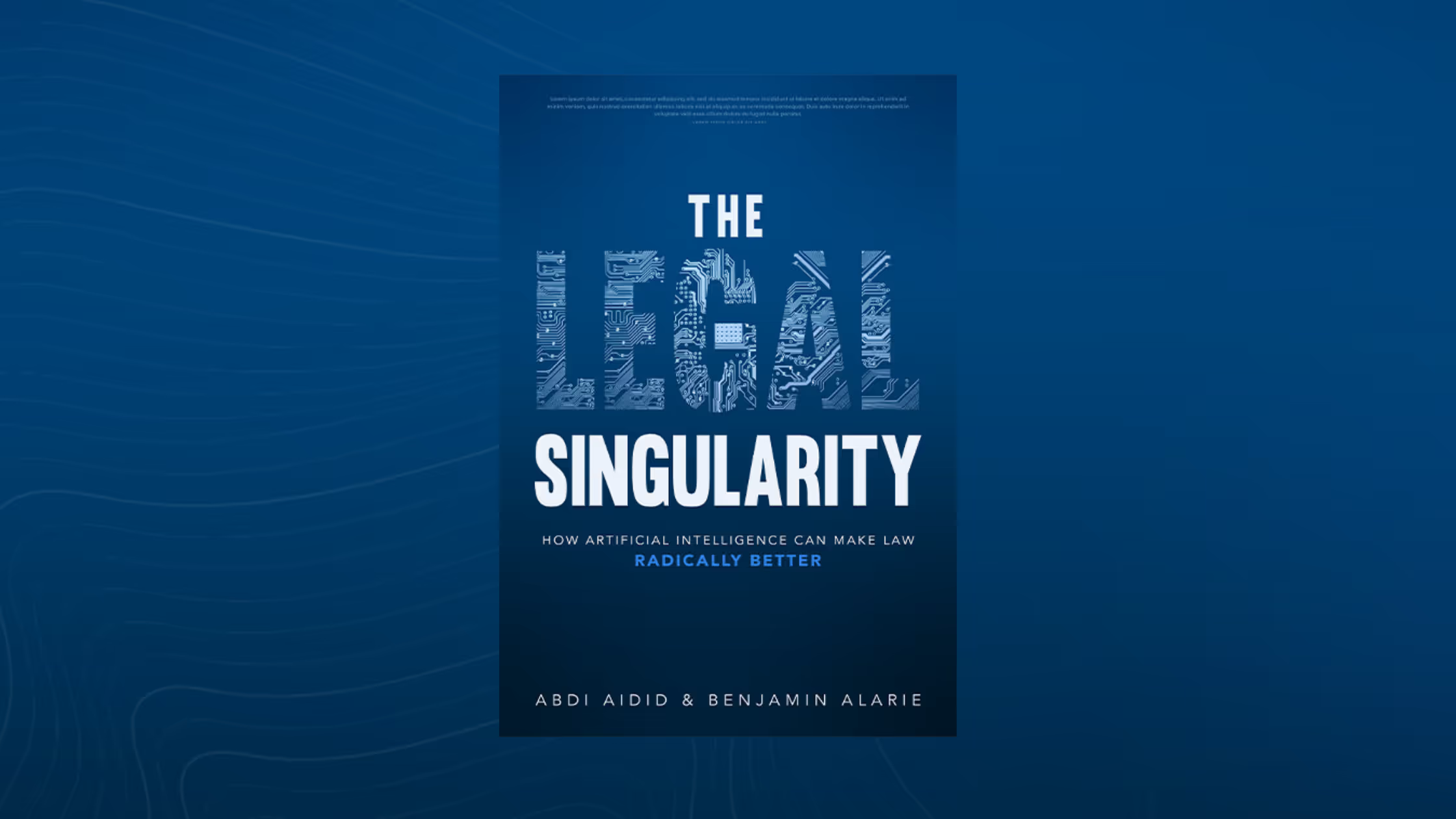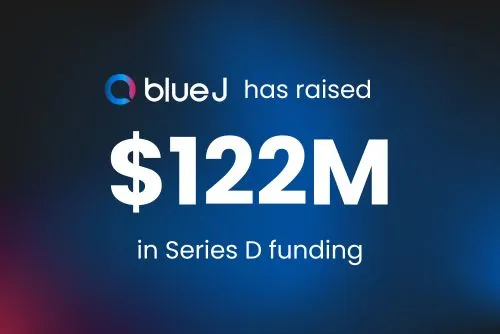
At Blue J, we've been delighted to offer this blog series providing an exclusive sneak preview into the highly anticipated book, The Legal Singularity. The book explores how society can harness artificial intelligence (AI) to make the law "radically better" and achieve a vision of the law as fully comprehensive and predictable. One illustration of our commitment to advancing the legal industry is the development of Ask Blue J, our upcoming AI-powered tax Q&A bot similar to ChatGPT. We're thrilled to be a part of this exciting future and look forward to continuing the conversation with you.
Exploration of Chapter 10: Conclusion
If you missed our summary of the preceding chapter, we encourage you to read it here.
The final chapter of The Legal Singularity offers concluding reflections on the concept of the legal singularity and the future relationship between AI and the law. The authors also present three primary objectives they aim to accomplish with their book.
The first goal is to cement the concept of the legal singularity in the collective consciousness. Currently, discussions about AI and the law lack consideration of the likely impact of these rapid technological advancements. By promoting the idea of a legal singularity, the authors hope to inspire forward-thinking discussions that are essential for safe and responsible technological progress. From this perspective, they invite scholars to build upon, refine, or even reject their framework.
The second aim is to emphasize that changes to our legal systems are not merely an intellectual possibility but are already occurring. These changes are driven by creative and economic forces. This is evidenced by the exponential growth of computing power, the increasing use of algorithms in the private sector, and the growing levels of government openness towards incorporating AI. In this context, it is unreasonable to assume that law will remain unaffected by these developments.
The third objective is to join the emerging movement to secure the best course for reaching the legal singularity. The authors actively monitor and engage with the nascent computational era, maintaining an optimism that advancements in legal technology will improve human life. AI-integration offers a future with greater legal clarity, encompassing faster, affordable research, improved services, fairer judging, better-informed lawmaking, and a more profound public understanding of legal rights and obligations.
However, the authors maintain a cautious optimism, recognizing that mismanaged legal technology can exacerbate existing issues in legal systems. They emphasize the need for a collective effort in addressing systemic deficiencies to ensure the responsible development of legal technologies. The authors express concern over the slow adoption of AI in the legal profession. They encourage critics to lend their expertise to enhance and perfect these technologies, highlighting the need for fairness and active participation.
Fortunately, a growing community is emerging to collaboratively create legal technology tools and explore the concept of the legal singularity. This community is developing legal, regulatory, and ethical frameworks for AI tool design and application, fostering a broader public dialogue to which the authors hope their readers will contribute.
Blue J is eager to participate in these discussions. Through the development of predictive tools and Ask Blue J, our forthcoming AI-powered tax Q&A bot, Blue J is directly engaging with the burgeoning community of individuals and organizations exploring the intersection of the legal field and AI. At the epicenter of this emerging landscape, Blue J is working towards the actualization of the legal singularity.
We hope you have enjoyed our blog series on The Legal Singularity. Throughout the weeks, we have delved into the evolving relationship between AI and the legal system, aiming to shed light on potential future developments in this dynamic field. We hope that our exploration of the legal singularity has sparked your interest, and we encourage you to join us in our collective effort to shape a responsible and equitable future for legal technology.
The Legal Singularity (published with University of Toronto Press) is set for release July 2023.

Stay up to date












